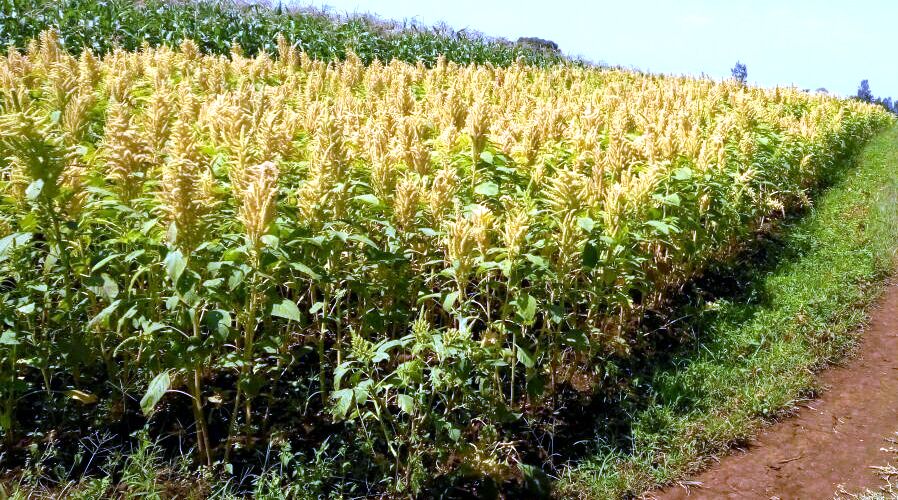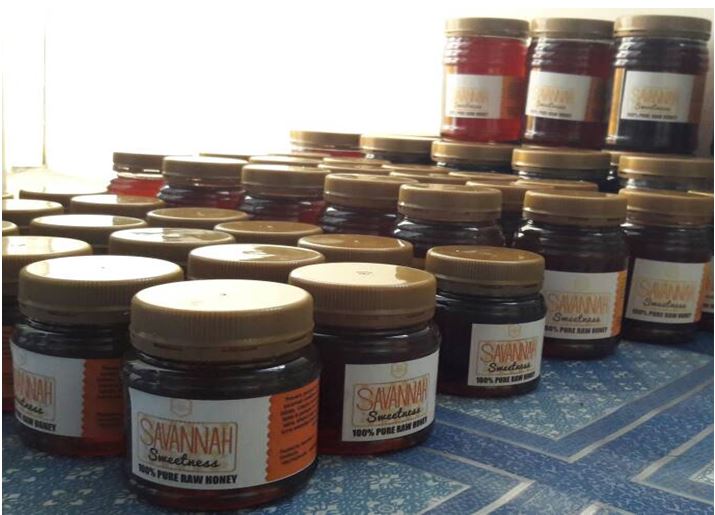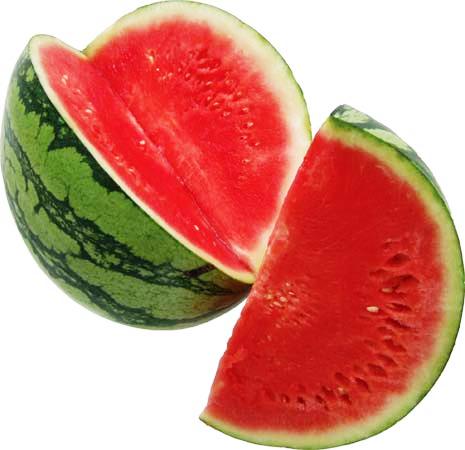
Amaranth crop crowns turning brown for harvesting. The seeds from amaranth are being used in fortification of foods for minerals. Photo by Philip Odhiambo.
One agripreneur is capturing the rising craze for healthy foods instead of synthetic mineral supplements by wadding into amaranth seeds, a crop fought by many as a weed.
While those growing the amaranth are doing so for harvesting the leaves for vegetables, Ann Muthoni has settled for the seeds, which she is converting into flour for sale.
Already, she is supplying the flour to more than 50 Tuskys branches in the country and a couple of more other prominent retail outlets like Cleanshelf Supermarket.
Muthoni has contracted farmers to supply the seeds for processing at the Nairobi Ruai factory, Annico Enterprise.
The plant produces one ton of amaranth flour daily in form of porridge flour, fortified maize meal, whole and buffed gains, among others.
Before the current maize flour crisis, a 2kg packet was sold at Sh140 at wholesale.
The government of Kenya requires maize floor processors to fortify the products with nutritional elements in fighting malnutrition.
Nutritionists say amaranth is an immunity booster that is also a strong antioxidant. It is rich in iron, calcium among other major minerals essential for good health.
Iron deficiency leads to anaemia while low levels of calcium can cause weak bones and teeth.
This makes amaranth an appropriate delicacy for mothers soon after birth, for it would help them in replenishing lost blood.
Since babies may not consume amaranth vegetables, flour porridge supplies the calcium needed for strong bones and teeth formation.
READ ALSO: Farmers cash in on demand for lucrative amaranth seeds
READ ALSO: Amaranth: from weed to wonder crop
Synthetic mineral supplements are available, but healthy conscious population is shifting its focus to the natural sources of nourishment.
Muthoni, nutritional expert learnt about turning amaranth seeds into flour for natural mineral supplements while in Sweden.
Before setting the company in 2008, she had to train farmers on the role of the seeds, and the possible markets she was preparing for them.
In leading by example, she also took up the farming.
The shying away from the propagation of commercial amaranth by most farmers in Kenya is no surprise. The global United Nations’ agency for fighting hunger, Foods and Agriculture Organisation report of 2010 says farmers resist change hoping the traditional crops will do well at some point. This is hurting productivity in the developing countries.
A case in point was that of farmers in South Africa refusing to abandon maize despite low yields due to depleted soils.
Instead of practicing crop rotation, intercropping with legumes and other varieties to boost production, they prefer what they are used to.
The same is the case in Kenya. Muthoni says the demand for the amaranth seed products is rising, but the farmers are yet to seize the opportunity. They are still stuck in maize production.
Write comment (0 Comments)
















